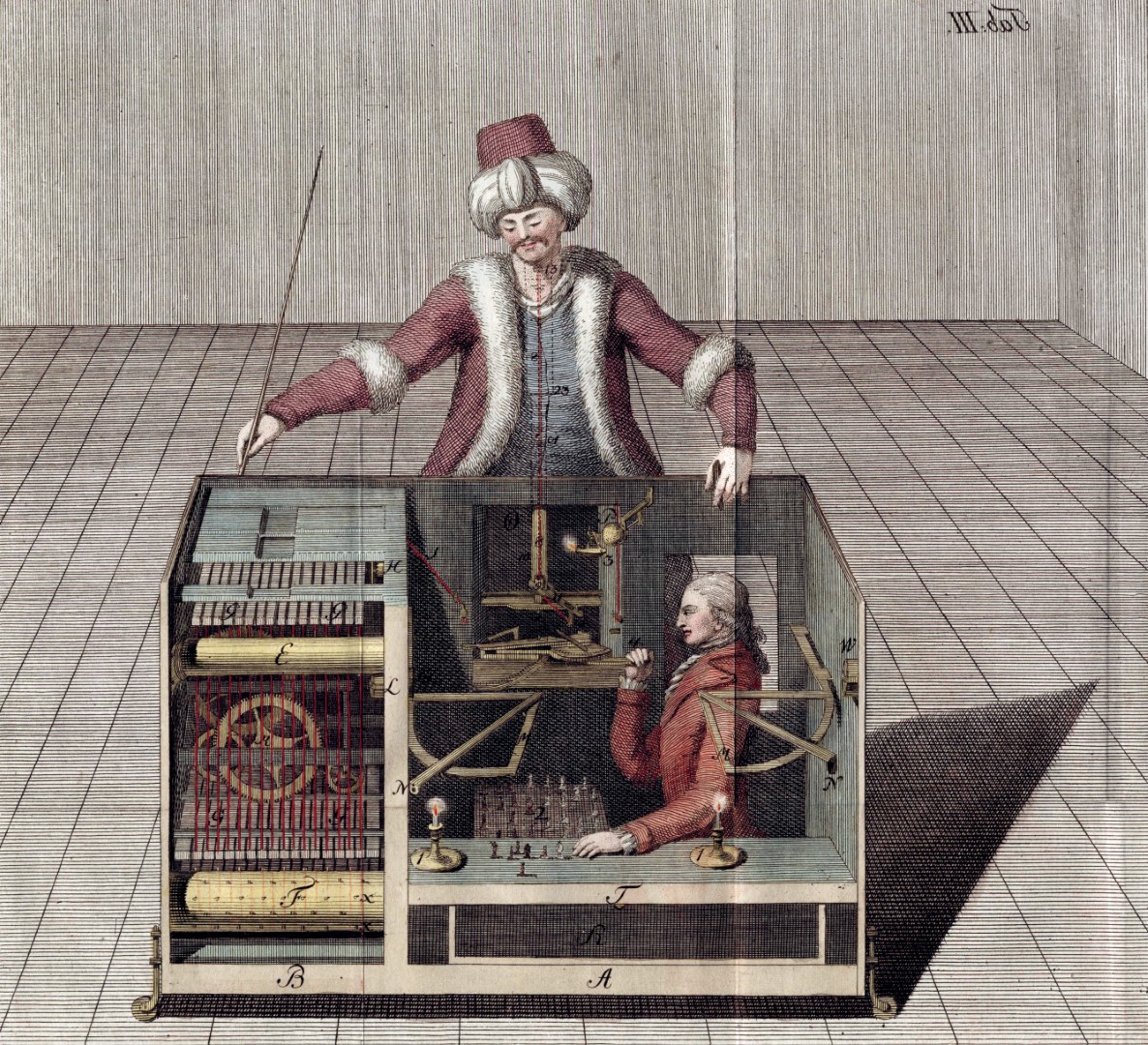How do you recognize the capitalized children (and what does it mean to be « gifted »)? Super intelligent but with problems at school

Ingenious but often listless and bored children. How to recognize children with high cognitive potential and how to help them in their school path to develop all qualities
Behind a child listless in class there are a thousand possible motivations. Perhaps one of the least considered is that it can be particularly intelligent («surpas»How to define) and get bored.
It happened in the province of Padua: after careful observation, and in concert with school manager and parents, a pupil was made to a pupil « Jumping » the second grade: « There was no way to give him stimuli to his level, he already knew everything we did in the classroom, » explained one of the teachers.
The definition
But what does it mean to be « surplus » children, or « gifted »? How to recognize particular qualities And how can they help and encourage children who own them?
They define themselves for those who have a Qi (intellectual quotient) Above 130 Points, although today it is recognized that talents are manifold and intelligence can also include different skills that are not always and completely evaluable through Qi: linguistic, mathematical, spatial and visual, musical and interpersonal.
How they recognize
Children today have a thousand stimuli and their intelligences are lively and ready, how it can be recognized So a surplus child?
«These children are rapid in learning, they find non -trivial solutions, they are early in abstract thought which can be manifested well before six years. Often then they learn to read already around the age of three And without a great external help, they tend to feel more comfortable with those who are bigger than they are; They then have an intelligent curiosity, which does not always mean asking why but wanting to look beyond », he says Federica Mormandopsychiatrist and psychotherapist who wrote a book on the theme: «High potential children and young people grow with them. A guide for parents »(Red!).
Problems at school
Often, however, surplus is also a harbinger of problems at school and this is one of the first and most widespread signs: «These children at school they are boredbecause they don’t receive the stimuli they need. So it happens that they confuse and distract themselvesmany then prefer to be alone, « says Mormando.
Signals exchanged for ADHD
Here then the « Certification » chapter opens: How do you evaluate surplus and who to contact?
Getting to understand that you are faced with a gifted child is difficult, especially in the presence of oppositional behaviors, irritability and anxietywhich can be mistakenly classified as symptoms of ADHD or autistic syndromes with high operation.
Tests
Usually the teachers report to the family the peculiarities of the child: we get to the tests in the presence of problems at school, less often when they are « only » the qualities: sometimes the intelligence and the « out of the ordinary » skills are welcomed without thinking that they need to be supported and followed.
When you suspect a possible « high functioning » you can contact the services of child neuropsychiatry who will carry out tests.
It is in the early years of school, in fact, that the problems emerge (and the qualities) and having identified the causes of some behaviors of the child with the tests helps, but often does not solve: « These children also run other risks, if there is no right approach to their needs: some, accustomed to understanding everything immediately and easily, they discourage and abandon in the face of slightly more complex challenges; others always remain on the surfacebecause everything appears easy to him, or on the contrary they are passionate about something that becomes totalizing for them. So not always an intelligence higher than the average is associated with success, at school and in life « , comments the specialist.
The necessary didactic plan
Plusadotation is a « neurodiversity » like the dyslexiaso even these children at school need a PDP, a « personalized didactic plan »which provides for targeted strategies and any class jumps (directive of the Ministry of 27 December 2012 resumed then in a 2019 note), but the teachers are not always trained on this or equipped to make it apply in class.
Recently the Tar of Vicenza canceled the rejection of a 12 -year -old gifted boy who for the boredom he felt towards the « regular » programs he had lost all interest in the school. The sentence is officially establishes (and reiterates) that GIFTED students need a didactic path designed specifically for them and their characteristics.
To help, for parents and families, there is theItalian Association for the development of talent and surplus (Aistap), Italian correspondent ofEuropean Council for High Aability Which, among other activities, specializes in education and teaching to capitalized students.









